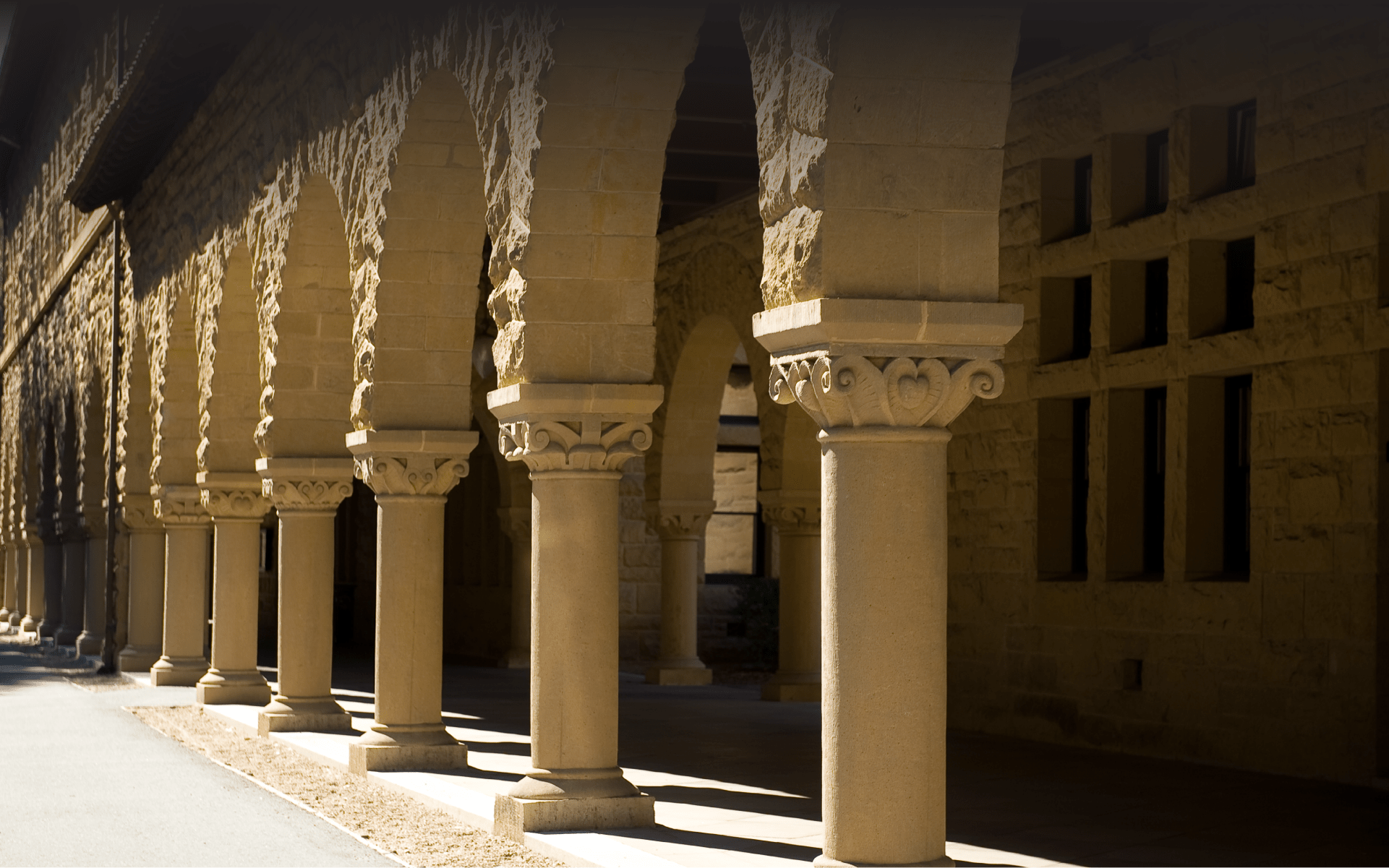GEOG 07 — The History and Geography of Current Global Events
Spring
Wednesdays
7:00—8:50 pm
Date(s)
Mar 30—Jun 1
10 weeks
Drop By
Apr 12
2 Units
Fees
$405
Format
On-campus course
Open
While global news accounts focus on current
events, the geographical and historical context
necessary for fully comprehending what is actually
occurring is seldom provided. For example, stories on
the current war in Syria might mention the fact that the
country’s embattled regime is dominated by members
of the Alawite “offshoot” of Shia Islam, but they
seldom explain why radical Sunni groups such as ISIS
(or Islamic State) regard the Alawites with particular
disdain, nor do they show how the complex geography
of Syria’s numerous ethnic and religious minorities
influences the ongoing struggle.
This course will delve deeply into the geographical and historical background of major international news reports. Weekly topics will vary in accordance with current events. We will tentatively cover such issues as the migration crisis in Europe, the ongoing wars in Syria and Iraq, and the presidential primary elections in the United States. Lectures will be structured partly around the explication of maps, ranging from historical maps to topographic maps to Google Earth images. We will examine these cartographic products with a critical eye, focusing not only on what they reveal, but also on what they obscure and how they can encode ideologically charged perspectives.
This course will delve deeply into the geographical and historical background of major international news reports. Weekly topics will vary in accordance with current events. We will tentatively cover such issues as the migration crisis in Europe, the ongoing wars in Syria and Iraq, and the presidential primary elections in the United States. Lectures will be structured partly around the explication of maps, ranging from historical maps to topographic maps to Google Earth images. We will examine these cartographic products with a critical eye, focusing not only on what they reveal, but also on what they obscure and how they can encode ideologically charged perspectives.
Martin W. Lewis, Senior Lecturer in International History, Stanford
Martin Lewis is the author or co-author of five books, including The Myth of Continents: A Critique of Metageography and Globalization and Diversity: Geography of a Changing World. He received a PhD in geography from UC Berkeley.Textbooks for this course:
No required textbooks
